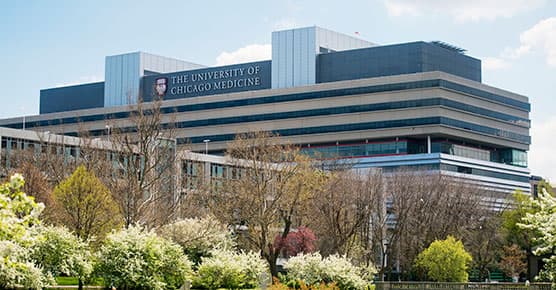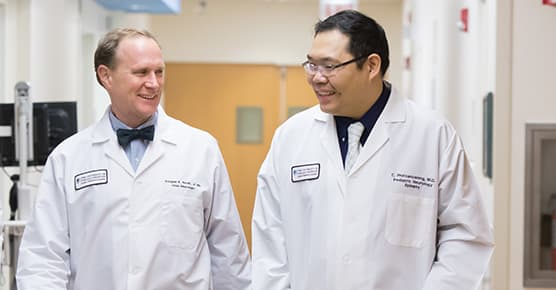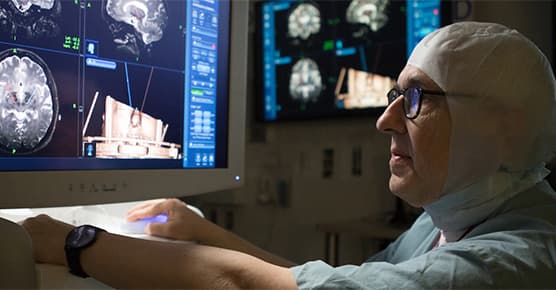Neurology & Neurosurgery

Offering the Full Spectrum of Neurological Care
Neurological Conditions We Treat
We provide care for all types of neurological disorders, from multiple sclerosis and epilepsy to stroke and neurovascular care, as well as advanced neurosurgery techniques that are not available at all hospitals. Our expert team of neurologists and neurosurgeons are focused on diagnosing, preventing and treating the following neurological conditions.

Neurosurgery
Our team of dedicated neurosurgeons provide care for the entire spectrum of neurological disease.

Pediatric Neurology and Neurosurgery
We provide life-changing care for children with neurological disorders.

Our Neurology and Neurosurgery Team
Our neurologists and neurosurgeons have proven expertise in offering hope for complex cases.
Why Choose UChicago Medicine for Neurology and Neurosurgery Care?
UChicago Medicine offers innovative treatments and compassionate care for the full range of neurological disorders. Our expert team of neurologists and neurosurgeons work with you to create a comprehensive, personalized treatment plan for your condition. In addition, our neurosurgeons are pioneers in minimally invasive surgery and offer this approach to diagnose and treat many neurological conditions, from epilepsy and movement disorders to spine and brain tumors.

